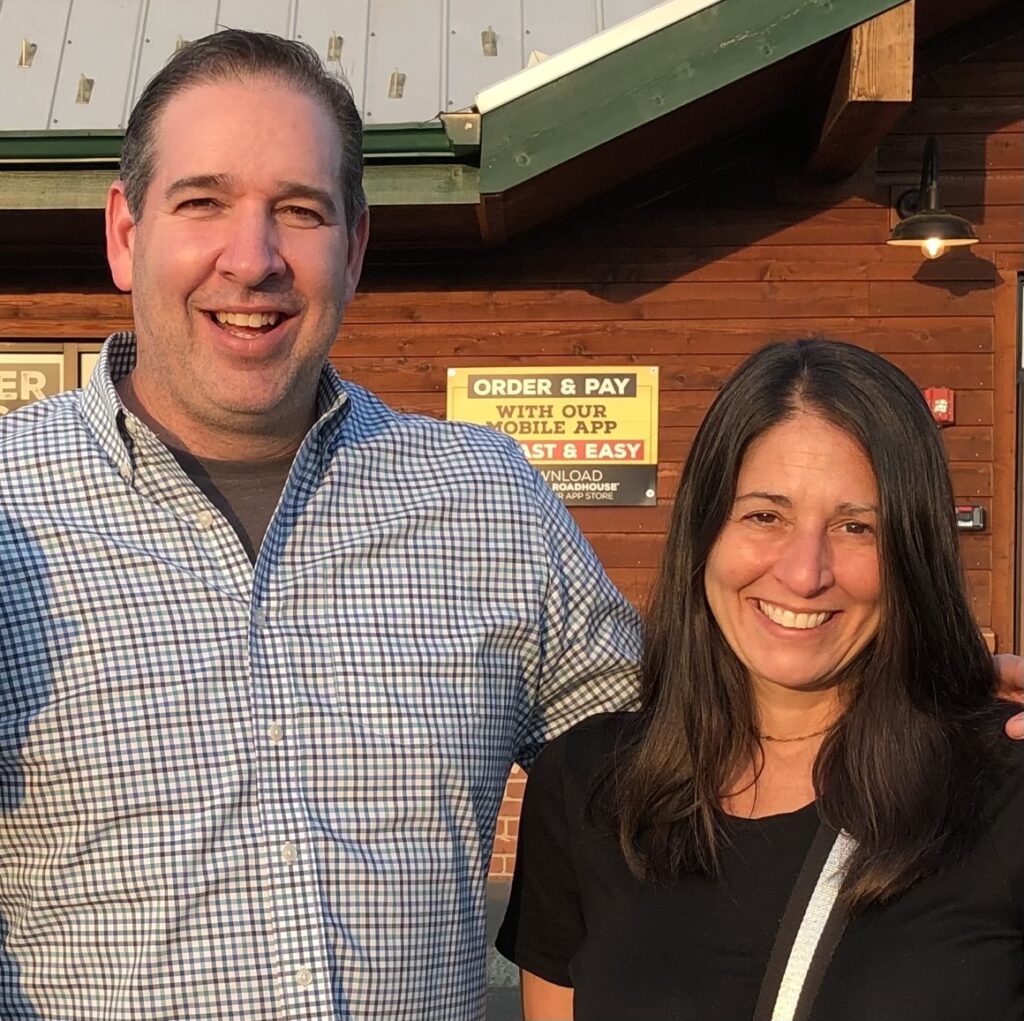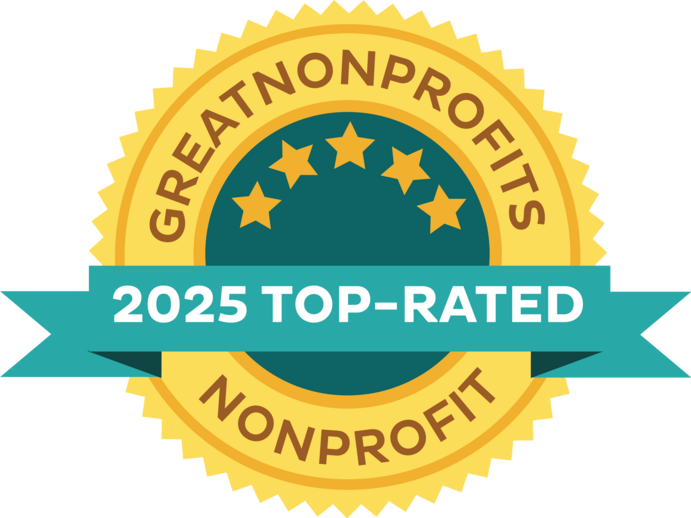Brother and sister Dan and Christine Latore. Photo credit: Dan Latore
Dan Latore, former executive director of The Skin Cancer Foundation, and his sister, Christine Latore, vice president of insurance & marketing at Brella Insurance, have come a long way from their days of arguing over who should sit in the front seat of their parents’ car. These days, they are teaming up to spread awareness about the dangers of skin cancer.

Young Dan and Christine in the 1970s
Christine invited Dan to Brella’s Better Benefits podcast to talk about The Skin Cancer Foundation’s work, the importance of sun protection and how employers can help their employees stay safe in the sun.
To stay ahead of the sunniest seasons of the year, Christine sat down with Dan for an episode of her company’s podcast to talk about the importance of sun protection and the ways that The Skin Cancer Foundation works to educate the public about the dangers of skin cancer.
To commemorate National Siblings Day (April 10) we’re highlighting some key takeaways from their conversation:
Skin cancer is the most common cancer in the United States with over 9,500 people diagnosed every day. To put it into perspective, one in five Americans will receive a skin cancer diagnosis by the age of 70.
The financial burden of skin cancer is often steep, with the annual cost of treating skin cancers in the United States estimated at $8.1 billion. A 2017 study found that more than 33,000 emergency room visits a year are because of sunburn, and the estimated cost of these visits is $11.2 million. According to figures sourced by Brella Insurance, this is roughly $1,100 per case.
Brella also estimates that Americans forfeit more than $100 million annually in salaries due to the absence or restricted activity from skin cancer. That loss in productivity is costly for employers, too. Employers can mitigate this by educating employees about skin cancer prevention and early detection.
Practicing daily sun protection decreases skin cancer risk. For jobs that require prolonged sun exposure, employers could provide employees with sunscreen, sun-protective clothing, wide-brimmed hats, and even sunglasses. When possible, employers should schedule outdoor work outside of peak sun hours (typically 10 AM to 2 PM), provide shaded areas for breaks, and remind employees to reapply sunscreen.
Most cases of skin cancer are curable if they are diagnosed and treated early enough, but they become much more difficult to manage if they are left to advance and spread. That’s why The Skin Cancer Foundation recommends everyone perform monthly, head-to-toe self-exams, looking for anything new, changing or unusual on the skin, as well as visiting a dermatologist at least once a year for a professional skin exam.
It takes a village to prevent and detect skin cancer. Be sure to talk to your loved ones, employees and co-workers about the dangers of skin cancer and how you can all best protect your skin.
Listen to the podcast here.





